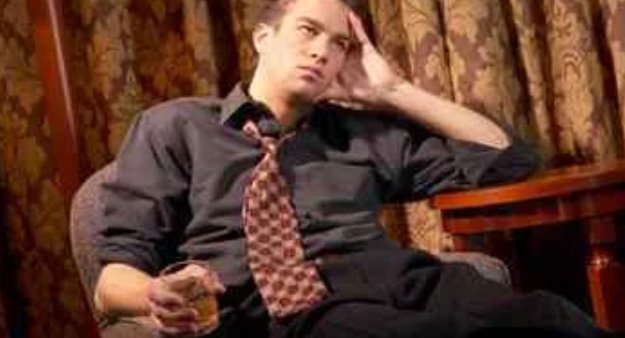Addiction Counselling


Addiction is a chronic disorder shaped by various factors, leading individuals to engage in harmful behaviours despite the consequences. Timely intervention is crucial for recovery.
Psychowellness Center, a top addiction counselling provider in West Delhi, offers a holistic, evidence-based approach. Their experienced team helps individuals address the root causes of addiction and develop lasting coping strategies.
Motivational Empowerment Therapy, a key method used, reprograms thought patterns and builds resilience, empowering individuals to regain control. Recovery goes beyond quitting, focusing on emotional restoration and personal empowerment. With professional support, lasting recovery and well-being are achievable.


The precise origin of bipolar disorder remains unclear; however, it is thought that various factors play a role in its development:
Biological Factors
Hormonal Factors
Genetic Factors
Psychosocial & Environmental Factors

Accurate assessment is essential for effective treatment and recovery.


Therapy offers a nurturing environment for individuals to examine their thoughts, feelings, and behaviors. It involves:
Therapy empowers individuals to develop resilience and improve their quality of life.

Addiction can take many forms, involving both substances and behaviours. Here are the main types:

Physical Symptoms:
Behavioural Symptoms:
Emotional Symptoms: